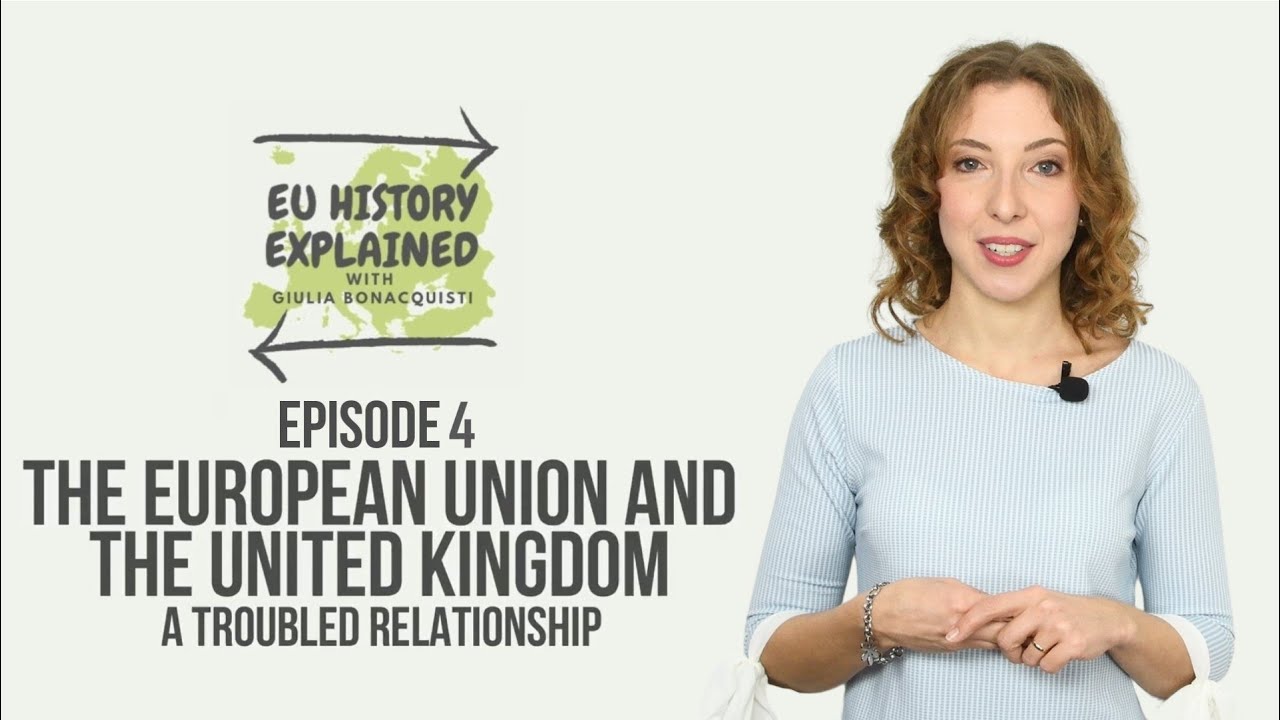Nigel Farage’s final speech to European Parliament cut short after he waves flag
Summary
TLDRIn a passionate speech, the speaker reflects on the United Kingdom's departure from the European Union, emphasizing the end of a 47-year political experiment. Criticizing the EU's undemocratic nature, the speaker advocates for national sovereignty and the rejection of European institutions. Expressing pride in the UK's independence, the speaker celebrates Brexit as a victory for populism over globalism, and signals optimism for future cooperation with Europe. The speech underscores the significance of 31st January 2020 as a moment of irreversible change, ending with a defiant farewell to the EU.
Takeaways
- 😀 The speaker expresses strong opposition to the European Union's actions, particularly its disregard for referendums and public opinion.
- 😀 The speaker emphasizes the UK's decision to leave the EU, marking January 31, 2020, as the point of no return for Brexit.
- 😀 The speaker criticizes the EU for pushing through political integration, including flags, anthems, and even the idea of an EU army.
- 😀 The speaker highlights the UK's initial joining of the EU as a 'common market' and contrasts it with the EU's transformation into a political union.
- 😀 A significant portion of the speech reflects the speaker’s long-standing opposition to the European Union, which began after observing the EU's treatment of referendums and national sovereignty.
- 😀 The speaker firmly believes that Brexit represents a victory for the UK, marking the end of what they describe as a failed political experiment.
- 😀 The speaker condemns the EU for its undemocratic structure, pointing to the lack of accountability among EU leaders who cannot be held accountable by their electorates.
- 😀 The speaker sees the Brexit movement as part of a larger global struggle between populism and globalism, where populism is gaining significant traction.
- 😀 The speaker expresses a desire for trade, friendship, and cooperation with Europe but rejects the need for the EU's institutions such as the European Commission and European Court of Justice.
- 😀 The speaker sarcastically addresses the EU's desire to ban national flags, asserting that the UK will proudly wave its flag as it leaves, marking the end of its association with the EU.
Q & A
What is the speaker's main message about the European Union?
-The speaker criticizes the European Union (EU) as an undemocratic and anti-democratic institution, arguing that it gives power to unelected officials who cannot be held accountable by voters. The speaker believes that the UK should leave the EU to regain sovereignty.
What is the speaker's view on the Brexit agreement?
-The speaker expresses dissatisfaction with the Brexit agreement but acknowledges that Boris Johnson has been bold in the negotiations. The speaker's primary concern is the UK's departure from the EU, marking the point of no return, which will take place on January 31, 2020.
What historical events does the speaker reference to support their stance on the EU?
-The speaker references the rejection of the EU Constitution by France and the Netherlands through referendums, as well as the Irish rejection of the Lisbon Treaty, which was later forced through without further referendums, to argue that the EU disregards public opinion.
How does the speaker describe the Brexit process in terms of the UK’s political aspirations?
-The speaker describes Brexit as the culmination of a 27-year-long political campaign, emphasizing that leaving the EU represents the summit of their political ambitions, as the UK will be sovereign and free from EU control.
What does the speaker say about the potential future relationship between the UK and the EU?
-The speaker suggests that the UK will continue to work with the EU in the future as a sovereign nation, emphasizing the importance of trade, friendship, and cooperation, without needing the European Commission, European Court, or the institutional powers that come with the EU.
What is the speaker’s stance on the European Union's political structure?
-The speaker criticizes the EU’s political structure, calling it undemocratic and anti-democratic. They believe it gives power to individuals who are not accountable to the electorate and who act without oversight.
What does the speaker mean by 'globalism against populism'?
-The speaker describes the ongoing conflict between globalism, represented by institutions like the EU, and populism, which seeks to empower ordinary people and restore national sovereignty. The speaker claims that populism is gaining popularity and offers significant benefits.
Why does the speaker believe the UK is too big to be bullied by the EU?
-The speaker believes that the UK, as a large and influential country, is immune to the EU’s attempts to force its will through undemocratic means, such as ignoring referendums and forcing votes to be repeated until the desired outcome is achieved.
What does the speaker say about national identity in the context of Brexit?
-The speaker emphasizes the importance of national identity, particularly through symbols like national flags. They express defiance against the EU’s efforts to suppress national pride, stating that the UK will wave its flags proudly as it exits the EU.
What does the speaker's final remark about not hating anyone imply?
-In their closing remarks, the speaker insists that despite strong criticism of the EU, there should be no hatred directed at any nation or people. The message stresses a focus on political disagreements rather than personal animosity.
Outlines

このセクションは有料ユーザー限定です。 アクセスするには、アップグレードをお願いします。
今すぐアップグレードMindmap

このセクションは有料ユーザー限定です。 アクセスするには、アップグレードをお願いします。
今すぐアップグレードKeywords

このセクションは有料ユーザー限定です。 アクセスするには、アップグレードをお願いします。
今すぐアップグレードHighlights

このセクションは有料ユーザー限定です。 アクセスするには、アップグレードをお願いします。
今すぐアップグレードTranscripts

このセクションは有料ユーザー限定です。 アクセスするには、アップグレードをお願いします。
今すぐアップグレード関連動画をさらに表示
5.0 / 5 (0 votes)






